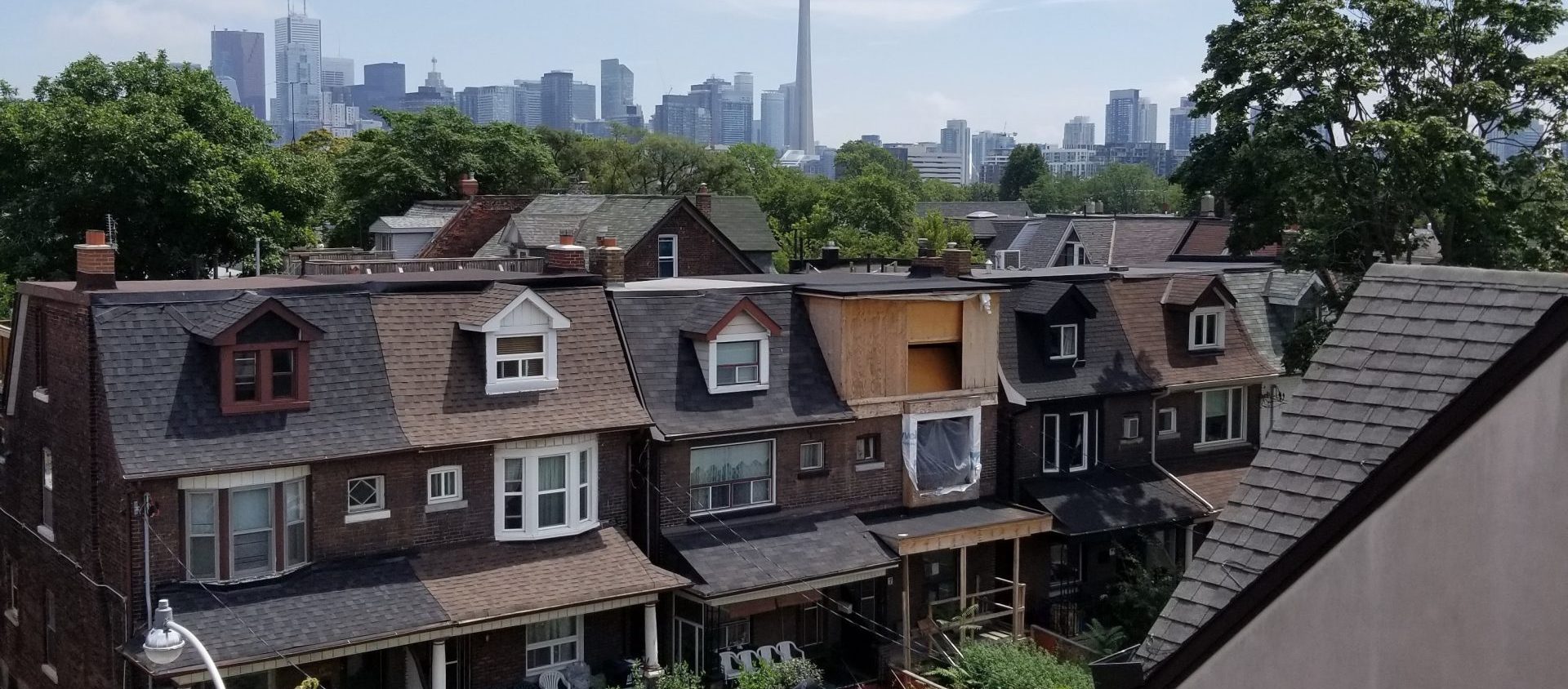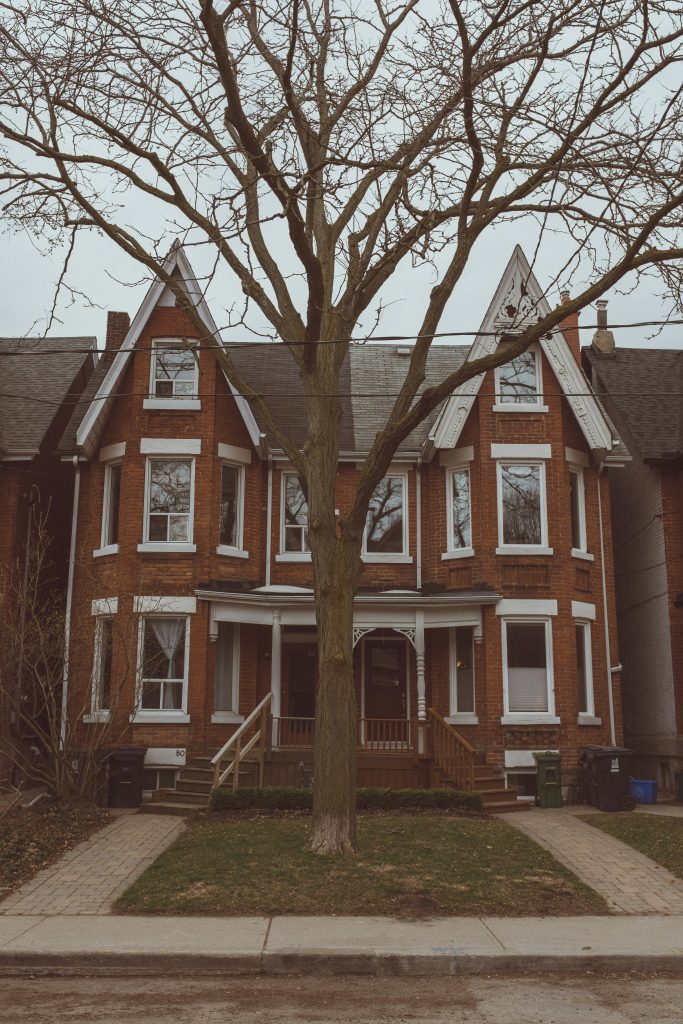Housing Oversight
“Housing is the basis of stability and security for an individual or family. The centre of our social, emotional and sometimes economic lives, a home should be a sanctuary — a place to live in peace, security and dignity.”
– The United Nations
All people have a right to housing.
International law states that adequate housing is a fundamental human right. But it’s important to remember that adequate housing means more than just a roof over one’s head. It means that all people have a right to:
According to the United Nations, for housing to be adequate, it must, at a minimum, meet the following criteria:
- Security of tenure: Housing is not adequate if its occupants do not have a degree of tenure security which guarantees legal protection against forced evictions, harassment, and other threats.
- Availability of services, materials, facilities and infrastructure: Housing is not adequate if its occupants do not have safe drinking water, adequate sanitation, energy for cooking, heating, lighting, food storage, or refuse disposal.
- Affordability: Housing is not adequate if its cost threatens or compromises the occupants’ enjoyment of other human rights.
- Habitability: Housing is not adequate if it does not guarantee physical safety or provide adequate space, as well as protection against the cold, damp, heat, rain, wind, or other threats to health and structural hazards.
- Accessibility: Housing is not adequate if the specific accessibility needs of its occupants are not taken into account.
- Location: Housing is not adequate if it is cut off from employment opportunities, health-care services, schools, childcare centres, and other social facilities, or if located in polluted or dangerous areas.
- Cultural adequacy: Housing is not adequate if it does not respect and take into account the expression of cultural identity.
All people have a right to equal treatment and protection from discrimination based on grounds protected under Ontario’s Human Rights Code (e.g., race, sex, disability). In addition, Toronto’s Housing Charter protects residents from discrimination based on homelessness or housing status.
People must be involved in decisions affecting their housing rights. This includes informed participation, meaningful engagement, and an understanding of the decisions made. Effective participation is necessary for the City of Toronto to identify the diverse needs of those most impacted by housing precarity and homelessness and to develop solutions in a way that respects residents’ dignity and autonomy.
How We Help
All levels of government have a role to play in furthering the right to adequate housing, including municipalities. In fact, the United Nations notes that “local governments are often at the forefront of the struggle for housing and can play a key role in protecting and realizing the right to adequate housing.” The City of Toronto has recognized this right and has pledged in its Toronto Housing Charter to uphold it. Our Housing Unit works to hold the City accountable to this pledge.
Systemic Investigations
We investigate issues related to housing involving a practice, policy, or rule that has an adverse effect on many people in Toronto. If we find the City is acting unfairly or not in alignment with its human rights obligations, we will make recommendations to improve its services.
Systems Reviews
We review City policies and programs related to housing and make recommendations for improvements when intended outcomes are not being met.
Advocate for Adequate Housing
When we identify systemic housing issues through the complaints that our office handles, we
work behind the scenes with City staff to improve their services and ensure they incorporate the right to adequate housing.
Relationship-Building
We work to develop and sustain relationships with the broader housing community through meaningful and ongoing dialogue, learning, and information sharing.
Community Engagement
We engage and consult with people with lived experience of housing precarity and homelessness, community leaders, organizations, and all levels of government to listen and learn, identify systemic issues, and share information and best practices.
Consultations with the City
City staff regularly come to us for advice when developing and implementing policies and services. When this happens, we offer our advice to ensure a human right to housing lens is built in from the beginning.
Who We Oversee
The City delivers a variety of housing services and programs, from issuing building permits, to upholding property standards, planning new housing, and shelter management. Our Housing Unit has the authority to review them all.
- Divisions and Departments within the City administration that are directly or indirectly related to housing (e.g., City Planning, Toronto Shelter & Support Services)
- Agencies providing City services that directly or indirectly affect housing (e.g., Toronto Public Health, CreateTO)
- Corporations that are owned by the City and directly or indirectly play a role in housing (e.g., Toronto Community Housing Corporation, Toronto Seniors Housing Corporation)
- Tribunals, Committees, and other bodies which hold hearings to resolve disputes, regulate activities, and determine legal rights and benefits related to City services that directly or indirectly impact housing (e.g., Multi-Tenant House Licensing Tribunal, Committee of Adjustment)
Using a Human Rights Lens
At Ombudsman Toronto, we look into issues through a fairness lens, which means that everyone who interacts with the City of Toronto has the right to a fair process, a fair decision, and fair treatment.
In addition to this fairness lens, our Housing Unit now has a specifically focused mandate to assess the implementation of the City’s housing plans through a housing as a human right lens, and we use our Housing Rights Framework to apply this concept to our systemic investigations and system reviews of the City’s housing programs and services.
Stage 1
The first question we ask is whether the City’s actions have negatively affected people in any of the three components of the right to adequate housing: adequacy, non-discrimination, and participatory rights.
Stage 2
If we find the City has negatively affected people in one or more of these three components, we will then consider whether the City’s actions are consistent with its obligation to progressively realize the right to adequate housing. We do this by assessing the City’s actions against the principles and implementation steps stated in the Toronto Housing Charter.
Stage 3
We advocate at a systems level for the right to adequate housing through our recommendations to the City.
We are grateful to the community leaders and organizations that shared their expertise and insights on housing as a human right with our team. Their insight and guidance have helped us develop our Housing Rights Framework, and their work to push for the implementation of housing as a human right in Toronto has been, and continues to be, invaluable.
Listening to and learning from people most impacted by housing precarity and homelessness, as well as those who support them, is an essential part of our work. If you would like to meet with a member of our team to learn more about our housing oversight or to raise your concerns about a systemic housing issue in Toronto, please contact us at ombudsmancomms@toronto.ca.
If you have been treated unfairly by the City in relation to one of its housing services or programs, we encourage you to make a complaint at ombudsman@toronto.ca.



